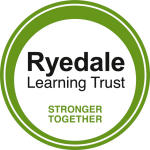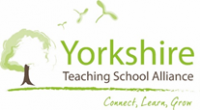Throughout KS4, the core principles of citizenship are mapped and monitored across all other areas of the school. In addition all students engage in regular citizenship lessons within the three annual citizenship weeks.
The KS4 Citizenship programme is mapped and planned against the following;
- Parliamentary democracy and the key elements of the constitution of the United Kingdom, including the power of government, the role of citizens and Parliament in holding those in power to account, and the different roles of the executive, legislature and judiciary and a free press.
- The different electoral systems used in and beyond the United Kingdom and actions citizens can take in democratic and electoral processes to influence decisions locally, nationally and beyond.
- Other systems and forms of government, both democratic and non-democratic, beyond the United Kingdom.
- Local, regional and international governance and the United Kingdom’s relations with the rest of Europe, the Commonwealth, the United Nations and the wider world.
- Human rights and international law.
- The legal system in the UK, different sources of law and how the law helps society deal with complex problems.
- Diverse national, regional, religious and ethnic identities in the United Kingdom and the need for mutual respect and understanding.
- The different ways in which a citizen can contribute to the improvement of his or her community, to include the opportunity to participate actively in community volunteering, as well as other forms of responsible activity.
- Income and expenditure, credit and debt, insurance, savings and pensions, financial products and services, and how public money is raised and spent.


 Ryedale School is a partner in and co-ordinator for the Yorkshire Teaching School Alliance.
Ryedale School is a partner in and co-ordinator for the Yorkshire Teaching School Alliance.